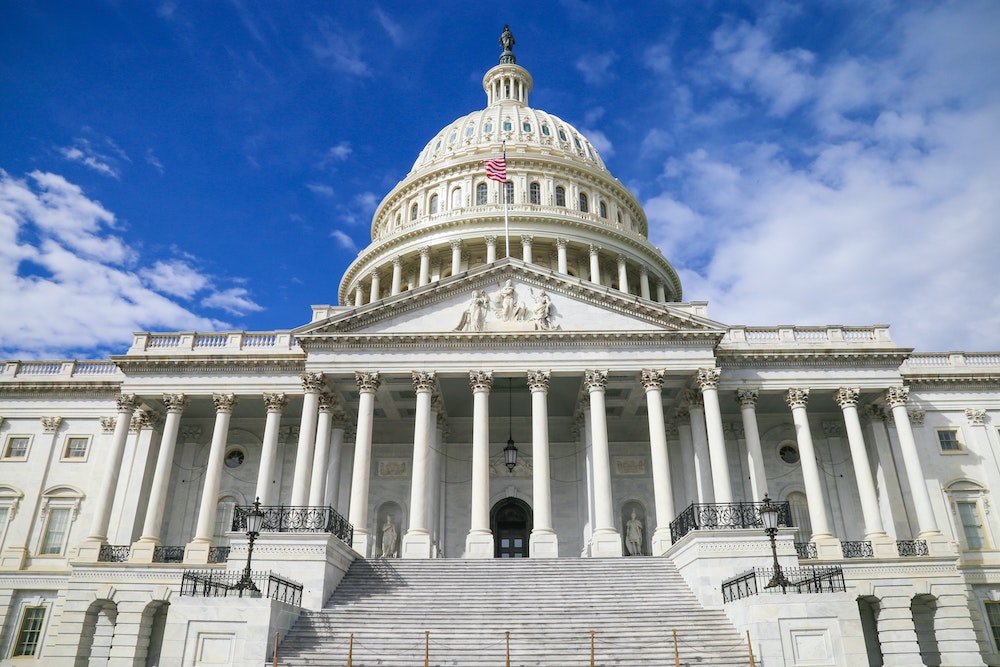By Christine Todd Whitman
Newsweek
May 7, 2020
President Donald Trump’s decision to block Dr. Anthony Fauci, the nation’s top infectious disease expert, from appearing before the House of Representatives is ludicrous.
“The House is a setup. The House is a bunch of Trump haters,” the president explained on Tuesday. Fauci is, however, set to appear before the Republican-led Senate next week.
COVID-19 is a disease, not a political party, and how to handle it is a scientific question, not a political one. Both Republicans and Democrats need to demand that Fauci and any other coronavirus task force members be allowed to testify before both houses of Congress. Their expertise is what lawmakers need to save American lives—not only in this pandemic but in future crises as well.
The task force’s testimony is necessary for Congress to monitor the government’s response to the virus and to give the public access to information about it. As the former governor of New Jersey and administrator of the Environmental Protection Agency, I know that access to accurate data is crucial for public officials to make informed decisions during any crisis. And as a lifelong Republican, I call on all members of Congress to put their responsibility to help manage this pandemic above partisan concerns. Science should not be a partisan issue.
Congress has a role to play in overseeing how our government is managing the pandemic. Keeping the facts from our political decision-makers will only damage our country’s ability to recover from the virus. Given that the disease is still very present in America, now is the time to begin evaluating what we could have done and still can do better. For example, why don’t we have the masks and test kits that our country needs to fight this virus?
As elected representatives of the American people, members of Congress should push to uncover the information Americans deserve to know. And as public servants, members of the task force should be held accountable to the American people. Congress can be a channel for information about the virus that Americans can trust. As the official message keeps changing, the congressional hearings can give comfort and confidence to the American public as they seek to understand the current situation.
We also need to clarify what our government knew and when, as well as how we can avoid gaps in our response in the future. With every crisis, there are lessons to be learned. Accurate, scientific information is the only way to move forward, and we don’t even know what we’re missing without hearing from experts.
Why would Trump keep scientists from testifying before Congress? Most likely the reason is that he is afraid the testimony will reflect badly on him. It’s a disgrace that the president would prioritize his reputation over the knowledge and safety of citizens, but here we are.
If he wants to be a good leader in this time, Trump should promote free and open access to data about the virus and welcome input on how the U.S. can improve its response to the pandemic. Regardless of the political climate, the president should permit Congress to continue with its role in managing this crisis, which means that access to scientific testimony must come before politics.
In the same way, Democrats and Republicans in Congress should use these hearings to gather the facts, so we can improve our response, not as a political tool. Given indications that the administration knew more than it revealed, the hearings may have partisan consequences. But the goal of these hearings should be to uncover information, not to weaponize it for political gain.
In times like these, no one gets it 100 percent right. As the hearings reveal mistakes and failures, let’s use them as an opportunity to improve, not to point fingers. We have a long way to go before the pandemic is behind us. The information the task force could provide can help us move forward with all the facts. All public officials, Democrats and Republicans, should get behind that goal.
Christine Todd Whitman is president of the Whitman Strategy Group. She served in the Cabinet of President George W. Bush as administrator of the Environmental Protection Agency and previously was governor of New Jersey.

